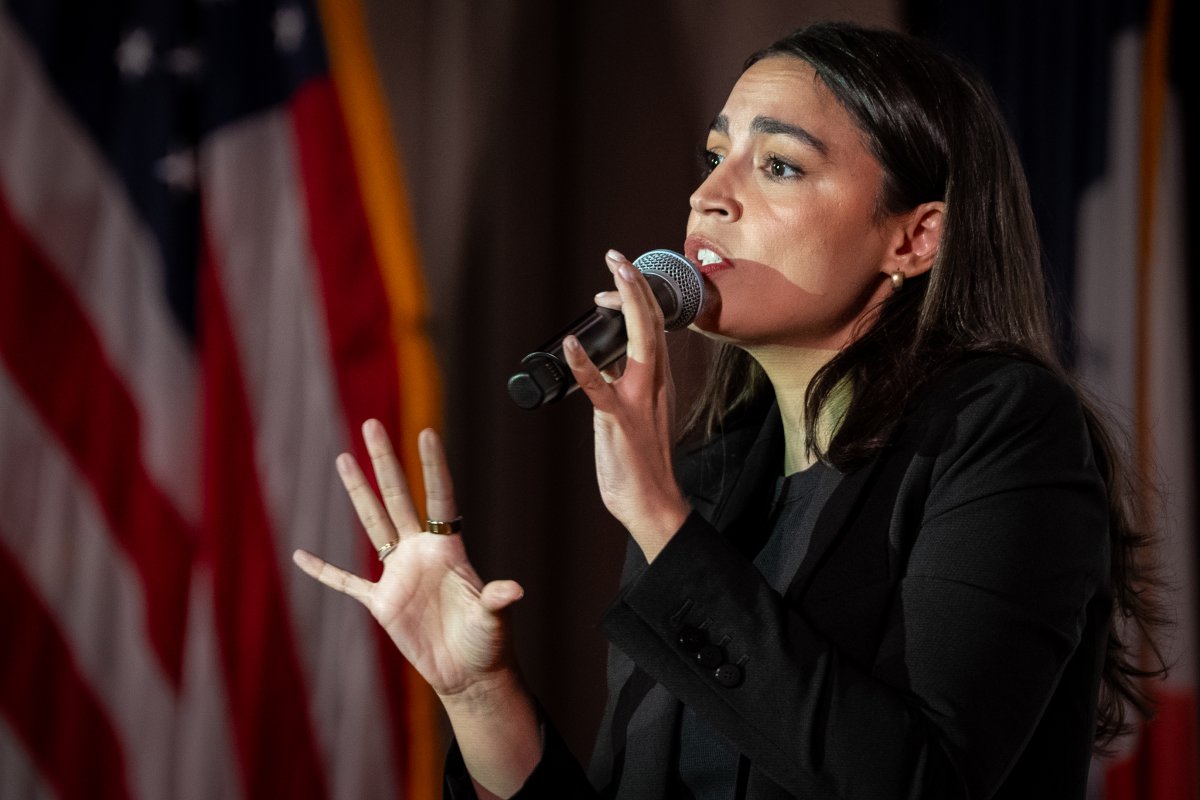AOC Responds Boldly to Deportation Threats: What You Need to Know
Alexandria Ocasio-Cortez, widely known as AOC, has always been a forceful voice in American politics, especially on immigration issues. Recent developments have thrust her name into the national spotlight again, as she faces threats of a Department of Justice (DOJ) referral over her advocacy for migrant rights.

The Background: AOC’s Advocacy and DOJ Referral Threats
Earlier this year, AOC hosted a virtual seminar dedicated to informing immigrants about their constitutional protections. During the session, her office distributed a 'Know Your Rights' pamphlet, advising migrants on the importance of judicial warrants when dealing with ICE agents. AOC’s guidance empowered many to understand their legal boundaries and the protections afforded to every individual in the U.S.
This activism, however, drew sharp criticism from Tom Homan, a former border czar under President Trump. He alleged that AOC’s efforts might cross a legal line and stated he was working with the DOJ to investigate lawmakers "blocking deportations." These remarks escalated into threats of a formal DOJ referral—a move that many saw as politically charged. For more details, you can read the Newsweek coverage on AOC's challenge to Tom Homan.
AOC’s Defiant Response
AOC did not back down. At a packed town hall in Queens, she responded directly to Homan’s threats. "Come for me," she declared, emphasizing her commitment to the rights of immigrants. She added that advising people on their constitutional rights is legal, and if officials wish to make it otherwise, they'd have to act accordingly. This powerful retort resonated with supporters and critics alike.
Her message was clear: education and advocacy are fundamental rights. AOC's approach to immigrant protections continues to challenge the boundaries of political discourse around immigration. For a detailed account of the event and audience reactions, refer to the New York Post’s report on AOC and Tom Homan.
Immigration Rights and the Role of Lawmakers
AOC’s actions reignite debates on what support lawmakers should offer vulnerable communities. The constitutional advice she shared encouraged migrants to request judicial warrants before allowing law enforcement to enter their homes or workplaces. Critics argue that such guidance aids individuals in evading lawful enforcement. Supporters, however, insist on the importance of upholding constitutional protections for all, regardless of immigration status.
During the town hall, AOC also addressed other pressing topics, including U.S. policy in the Middle East, showing her willingness to engage with both supporters and critics in a transparent manner.
Conclusion: AOC, Rights, and the National Conversation
AOC remains unwavering in her stance. She continues to challenge what she sees as unjust practices and educate communities on their rights. As deportation policies and immigration enforcement remain key issues on the national stage, AOC’s voice ensures these debates stay at the forefront of American politics.
For ongoing updates and comprehensive coverage, follow trusted news sources and stay informed about policy changes and lawmakers' roles in shaping the nation’s future. As the debate continues, AOC’s story serves as a reminder of the power—and controversy—leaders can wield in the fight for justice.